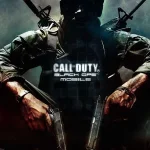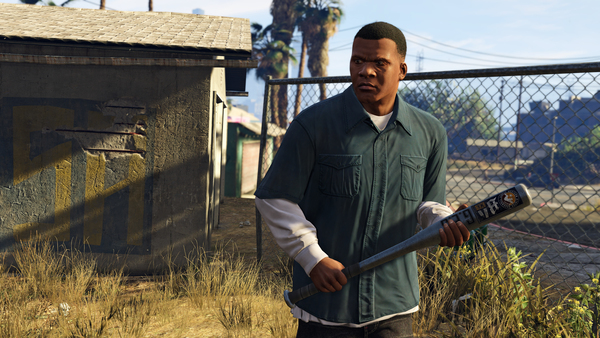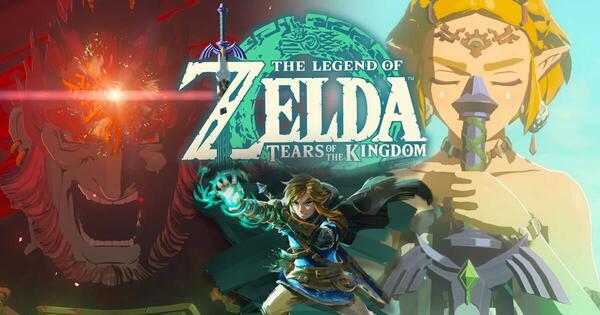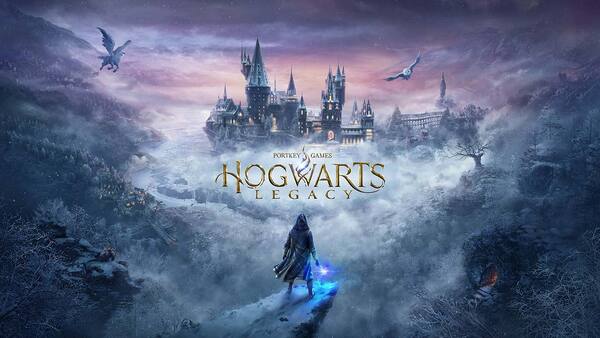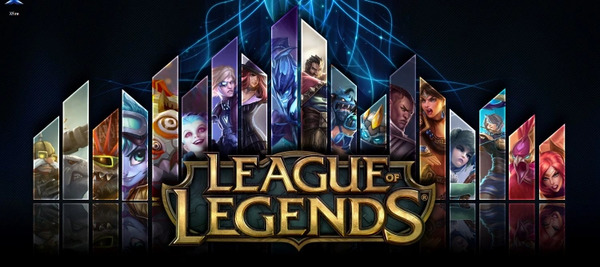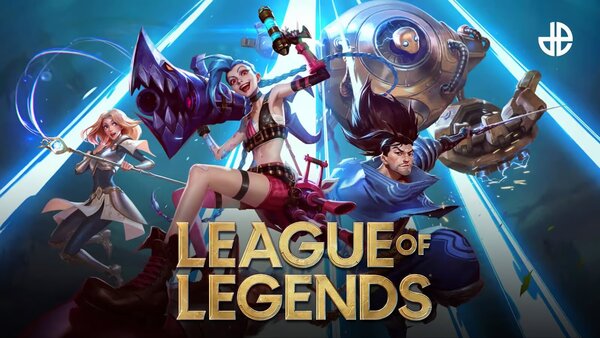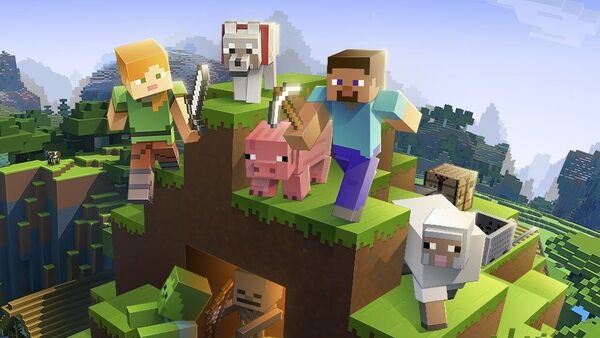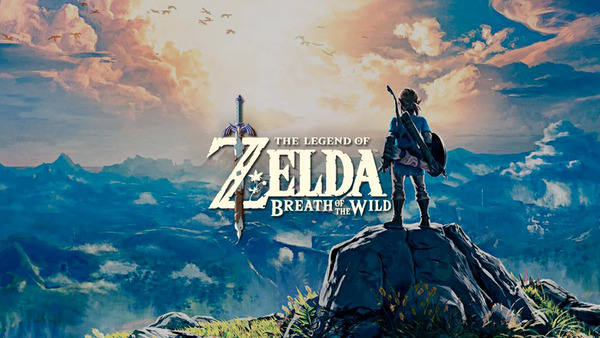Five Nights at Freddy's – Survive the Night, Uncover the Horror
Introduction: A Night Job You’ll Never Forget
Five Nights at Freddy’s (FNaF) is a groundbreaking indie horror game developed by Scott Cawthon that launched in 2014. What began as a simple point-and-click survival game quickly spiraled into one of the most iconic horror franchises in modern gaming. Set in a creepy family pizza restaurant, players take on the role of a night guard fending off malfunctioning animatronic characters — using only surveillance cameras, limited power, and quick reflexes.
Its formula of suspense, jump scares, and cryptic lore has spawned multiple sequels, books, merchandise, and even a Hollywood movie adaptation, solidifying FNaF as a horror genre legend.
1. Core Gameplay: Survive Five Nights
The main goal in each FNaF game is simple: survive the night shift. Players monitor security cameras, manage limited power, and prevent the animatronics from reaching the security office. Each night gets progressively harder, demanding sharp attention and pattern recognition.
Pros:
-
Unique tension built from limited movement and resources
-
Increasing difficulty creates a strong sense of progression
-
Requires focus, timing, and memory
Cons:
-
Lack of mobility may not appeal to all players
-
Gameplay loop can feel repetitive over long sessions
2. Atmosphere and Tension: Fear Through Simplicity
FNaF is proof that atmosphere can be more terrifying than gore. From the flickering lights to the animatronics’ mechanical groans, every second builds unease. The quiet moments are as terrifying as the loud ones.
Pros:
-
Expert use of silence and audio cues
-
Dark visuals and flickering lights amplify paranoia
-
Minimalist design leaves room for imagination
Cons:
-
Jump scares can feel cheap to some
-
Static visuals may lack appeal to action-oriented players
3. Animatronics: Iconic and Unsettling
Characters like Freddy Fazbear, Bonnie, Chica, and Foxy are creepy yet oddly charming. Each has a distinct behavior and movement pattern, keeping players guessing every night.
Pros:
-
Unique AI behavior creates varied encounters
-
Memorable character designs
-
Fans form attachments despite the fear factor
Cons:
-
Predictability after repeated playthroughs
-
Some later animatronics are less inspired than originals
4. Lore and Storytelling: Deep, Mysterious, Cryptic
FNaF’s biggest hook beyond horror is its deep, hidden lore. Clues scattered across minigames, phone calls, and background visuals let players piece together a tragic story of missing children, possessed animatronics, and a sinister history behind the pizza chain.
Pros:
-
Encourages fan theories and deep exploration
-
Builds long-term engagement beyond gameplay
-
Expands through sequels, books, and ARGs
Cons:
-
Lore can be confusing or overwhelming
-
Some story elements feel inconsistent across entries
5. Sound Design: Terrifying Without Music
FNaF uses sound to perfection. There’s no background music — just creaks, whirs, footsteps, and robotic laughter that signal danger.
Pros:
-
Tense audio makes every sound meaningful
-
Animatronic cues are both helpful and horrifying
-
Silence builds dread expertly
Cons:
-
Repetitive sounds may fatigue players
-
No music can make some sessions feel flat
6. Series Evolution: From Simplicity to Sandbox Horror
The original FNaF was static and minimal, but later games like Sister Location, Pizzeria Simulator, and Security Breach introduced free movement, custom modes, and 3D environments.
Pros:
-
Expands gameplay with each installment
-
Introduces new mechanics without losing identity
-
Security Breach offers a modern, open-world take
Cons:
-
Later entries received mixed reviews for performance
-
Departure from original format divides fans
7. Visuals and Aesthetic
FNaF’s graphics are basic by design, often featuring static camera angles, still frames, and sudden flashes. But this minimalist approach intensifies fear.
Pros:
-
Clean visual language keeps focus on threats
-
Unique art style distinguishes FNaF from other horror games
-
Animatronics are both charming and nightmarish
Cons:
-
Low-resolution textures in earlier games
-
Limited animation and camera movement
8. Fan Community and Culture
FNaF has one of the most dedicated fanbases in gaming. From fan games and theories to YouTube channels and merchandise, the FNaF fandom keeps the franchise alive and constantly expanding.
Pros:
-
Massive content base including mods, videos, and fan art
-
Developers engage with the community
-
Active presence on Reddit, Discord, and YouTube
Cons:
-
Overexposure may turn away new players
-
Lore debates can be divisive
9. Accessibility and Platforms
FNaF is available across PC, mobile, and consoles. Most titles are lightweight, making them accessible on low-spec devices, with simple controls and short session lengths.
Pros:
-
Easy to pick up and play
-
Low hardware requirements
-
Mobile versions are fully featured
Cons:
-
Lack of controller support in some versions
-
Not optimized for all screen sizes
10. Merchandising and Media Expansion
From plush toys to novels and a major 2023 movie adaptation, FNaF has expanded far beyond the indie horror space. The brand is now part of mainstream pop culture.
Pros:
-
Books expand the lore for fans who want more
-
Movie introduces FNaF to new audiences
-
Massive merch line appeals to kids and collectors
Cons:
-
Risk of oversaturation
-
Some spin-offs lack the quality of the core games
Conclusion: A Horror Legend That Redefined the Genre
Five Nights at Freddy’s is a shining example of what indie horror can achieve — combining minimalist gameplay, masterful atmosphere, and complex hidden lore into a compelling experience that’s gripped players for over a decade. It’s a game where your only weapon is awareness, and your biggest enemy is silence.
Whether you're drawn in by the terrifying animatronics, the mysterious backstory, or the simple yet intense gameplay, FNaF remains one of the most innovative and enduring horror franchises in gaming history.









